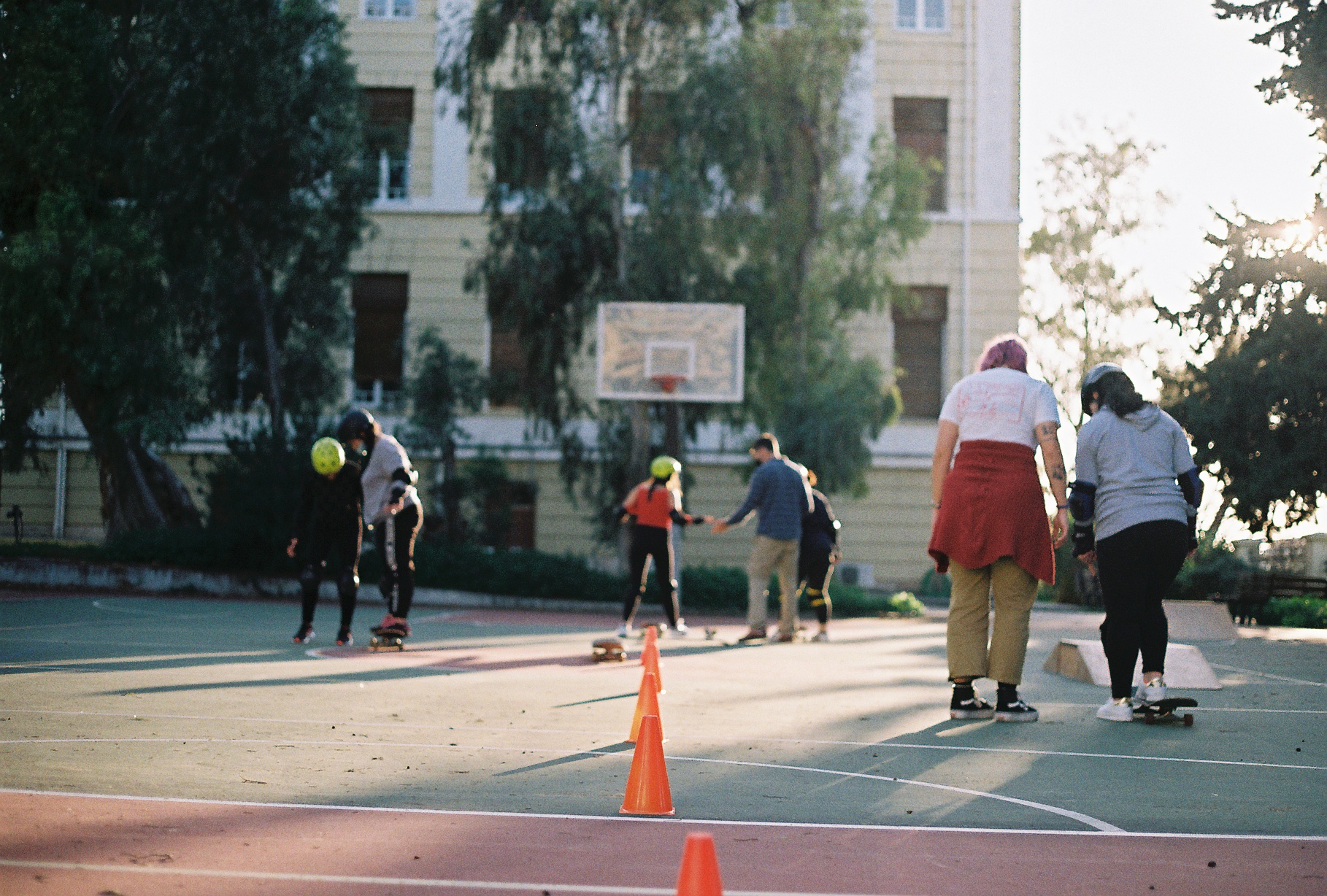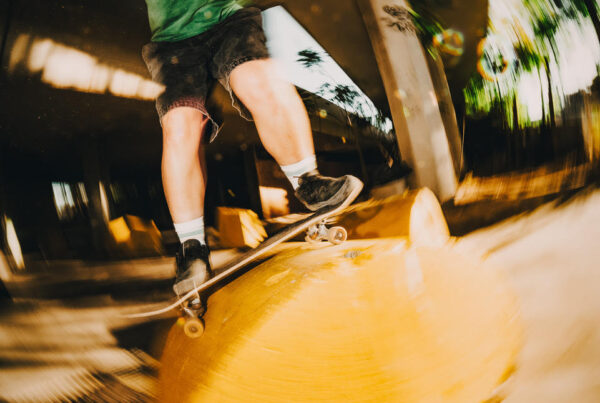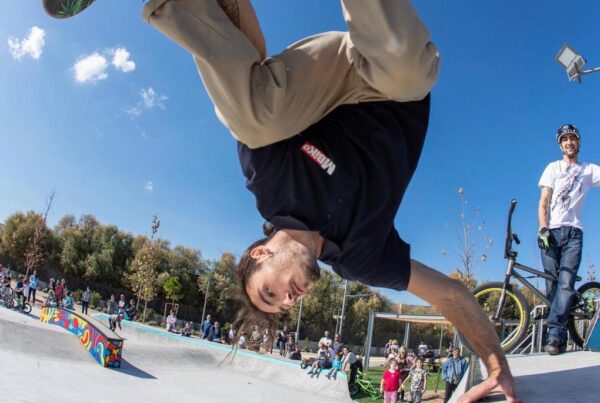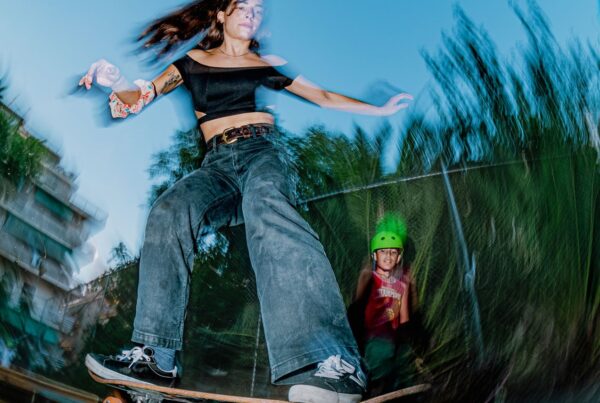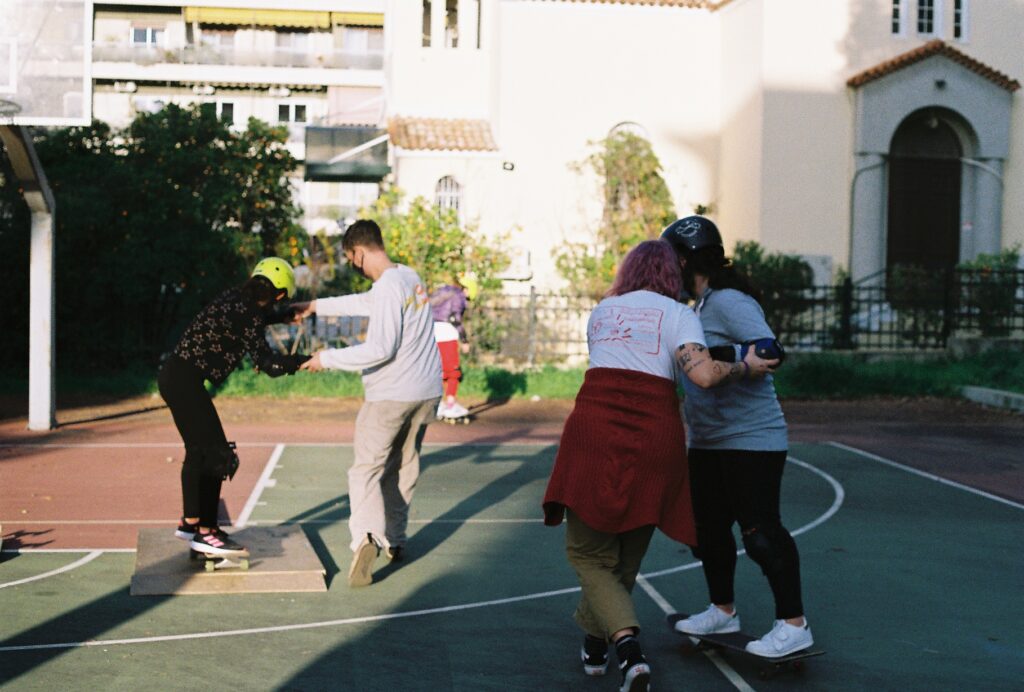
Is it just us, or is the skateboarding community really pulling up its socks lately? Yesterday was World Mental Health Day, and we couldn’t help but notice the increased involvement of individuals/brands/projects from the skateboarding community worldwide.
With the rise of social skateboarding projects across the globe, we are seeing a new era of skateboarding where the intersections of wellbeing, race, gender and inclusion are at the forefront of concerns. As Dr. Neftalie Williams mentioned in the recent Goodpush Summit, no other sports are covering these issues like skateboarding is. No other sports communities are coming together proactively to really address how we can improve the landscape of inclusion and space-making for disadvantaged or marginalised communities. Especially since the tragic death of Ben Raemers in May 2019, the skateboarding community has again come together to really tackle the stigma surrounding mental health issues and speaking out. The Ben Raemers Foundation are doing an incredible job to raise awareness and to educate others through training and events.
So why is exercise, and skateboarding in particular, so beneficial for mental health? As we stated in a previous blog post, exercising for as little as 20 minutes per day can reduce the negative effects of stress and significantly improve overall mental health and brain functioning. The young people skating in our workshops receive regular access to meaningful exercise, where they can develop skills and socialise with like-minded people in a safe and supportive space. Our sessions are person-centred and let every participant (no matter age, ability, gender) to learn and progress at their own pace. With this atmosphere we see improved moods over time, beautiful friendships formed, as well as more willingness to join other groups/community activities.
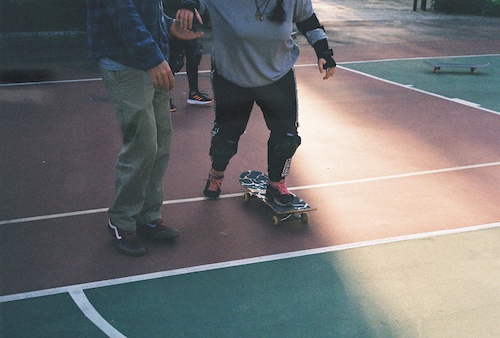
Especially significant are the long-term impacts that skateboarding regularly can have – not just within sessions – but in all other aspects of life. Studies show not only reduced rates of anxiety and depression, but also increased confidence and self-esteem. This increased confidence is carried outside of the sessions/skatepark and into school, the workplace, relationships and the community at large. It improves the ability to take measured risks and to persist after failure.
A US-based study which surveyed 2,075 skateboarders between the ages of 13-25 shows that 62% reported skateboarding as effective stress relief, 74% said skateboarding enabled them to better stick with challenges, and 54% reported making friends through skateboarding. Many of the young people we work with in Athens deal with mental health related issues such as stress, anxiety, trauma and isolation. With little to no access to formal mental health support and a severe lack of recreational services, our skateboarding workshops are a vital step towards improved physical and mental wellbeing.
In the words of mental health charity Mind, if we all ‘do one thing’ for mental health then we will make a huge impact. You can help to spread the word, become a campaigner, learn about mental health inequality, or even donate to the cause. Together we can progress towards more open and honest conversations surrounding mental health and wellbeing, and really make a difference.
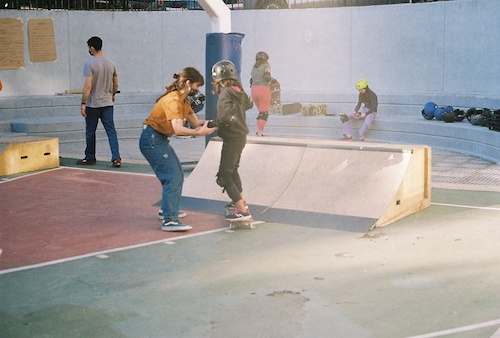
World Mental Health Day (October 10th) is an opportunity to raise awareness of mental health issues and mobilise efforts in support of mental health. Please feel free to share your thoughts and other initiatives in the comments below!
Photo credits: Denia Kopita (FMS Instructor)



